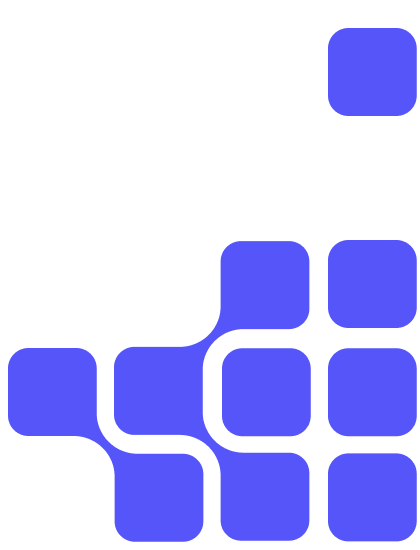Has the Recent Acquisition Put Your Streaming Data on Lockdown?
We’re thrilled to share that Cloudera has been named a Leader in the 2025 Forrester Wave for Data Fabric Platforms. This recognition underscores its commitment to helping organizations unify, secure, and activate their data across hybrid and multi-cloud environments.

